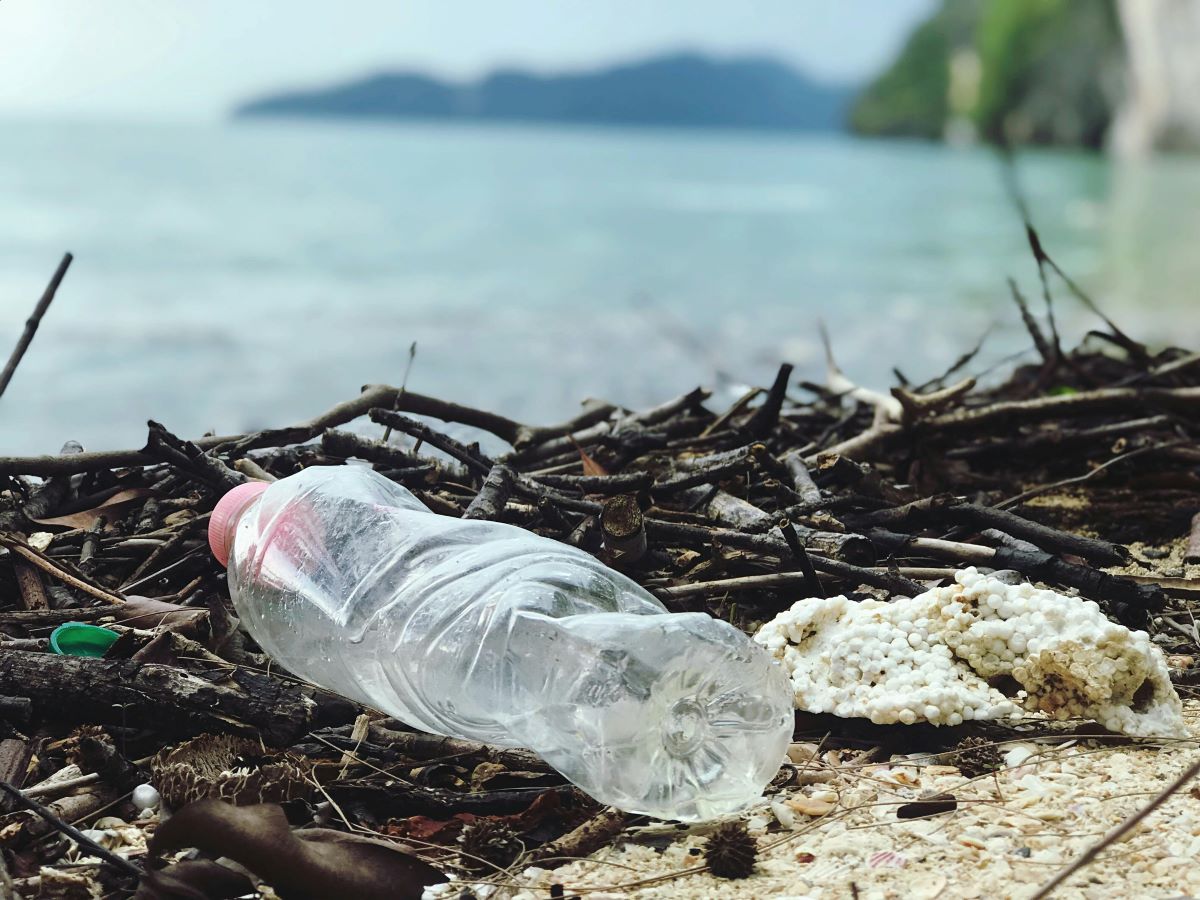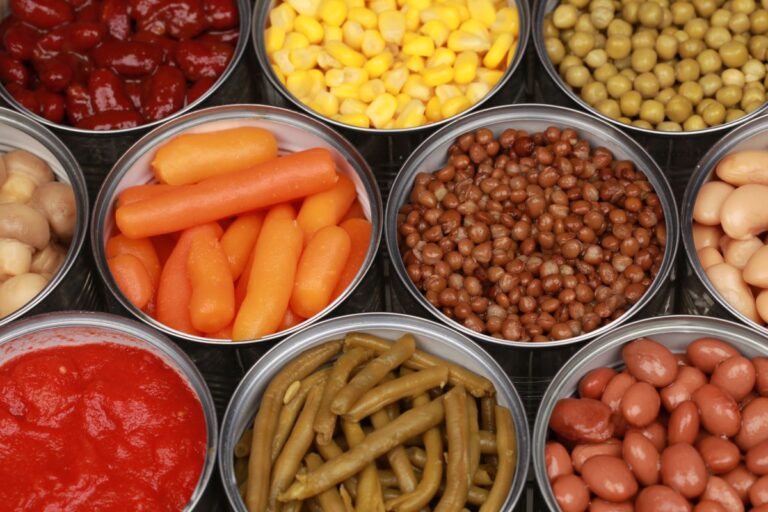Greenwashing Alert: 18 ‘Eco-Friendly’ Products That Aren’t Sustainable
As eco-consciousness rises, so does the number of products claiming to be sustainable. But are they all as ‘green’ as they claim, or are some just cashing in on the trend?
1. Bamboo Fabrics

Often marketed as an eco-friendly fabric, many bamboo textiles undergo extensive chemical processing, stripping away the natural benefits.
2. Biodegradable Phone Cases

While these cases claim to break down completely, they often require specific conditions to decompose, which are not typical in most landfills.
3. Eco-Friendly Glitters

Even when labeled as biodegradable, many glitters require industrial composters to break down, making them less eco-friendly than they seem.
4. Disposable Bamboo Cutlery

Though made from a sustainable material, the production and disposal of single-use bamboo cutlery contribute to waste, just like their plastic counterparts.
5. Organic Cotton Tote Bags

The production of cotton, even organic, is water-intensive. Reusing these bags numerous times is necessary to offset their environmental impact.
6. Energy-Efficient Light Bulbs Containing Mercury

While they use less electricity, some energy-efficient bulbs contain mercury, a toxic substance that complicates disposal.
7. ‘Green’ Cleaning Products

Many products labeled ‘green’ or ‘natural’ contain chemicals that are not disclosed fully, potentially causing harm to the environment.
8. Flushable Wet Wipes

Marketed as flushable, these wipes do not disintegrate like toilet paper and are a major contributor to sewer blockages.
9. Plant-Based Plastic Packaging

Some bio-plastics, despite being derived from plants, cannot decompose in a home composting system and require industrial facilities to break down.
10. Eco-Friendly Paints

While containing lower volatile organic compounds (VOCs), some eco-friendly paints still emit harmful chemicals during their lifecycle.
11. Solar Garden Lights

These often contain batteries and plastics that are not environmentally friendly, and their production footprint can negate any energy savings.
12. Recycled Paper Products

The recycling process for paper can be chemically intensive, and the end product sometimes contains fewer recycled materials than advertised.
13. Leather Alternatives Made from PVC

While not made from animal products, PVC-based leather alternatives are not biodegradable and release harmful toxins during production.
14. Electric Vehicles

Electric vehicles are touted for their zero emissions, but the environmental impact of mining for lithium and other metals for batteries raises concerns.
15. Ethanol Biofuels

Produced from crops like corn, ethanol requires significant agricultural input and has a debatable carbon footprint reduction.
16. Water-Saving Shower Heads

Some models claim to save water, but poor performance can lead to longer showers, negating any supposed savings.
17. ‘Green’ Cosmetics

Cosmetics marketed as natural or green often contain preservatives and chemicals that are not environmentally friendly.
18. Compostable Coffee Pods

These pods require specific composting conditions, which are not available to most consumers, often leading them to end up in landfills anyway.
Shades of Green

As we sift through the shades of green, it becomes clear that not every product marketed as sustainable holds up to scrutiny. In the vibrant marketplace of eco-products, the true color often fades under a closer look, reminding us that real sustainability is about making informed choices, not just following trends.
The post Greenwashing Alert: 18 ‘Eco-Friendly’ Products That Aren’t Sustainable first appeared on Peachy Fours.
Featured Image Credit: Pexels / Catherine Sheila.
For transparency, this content was partly developed with AI assistance and carefully curated by an experienced editor to be informative and ensure accuracy.







